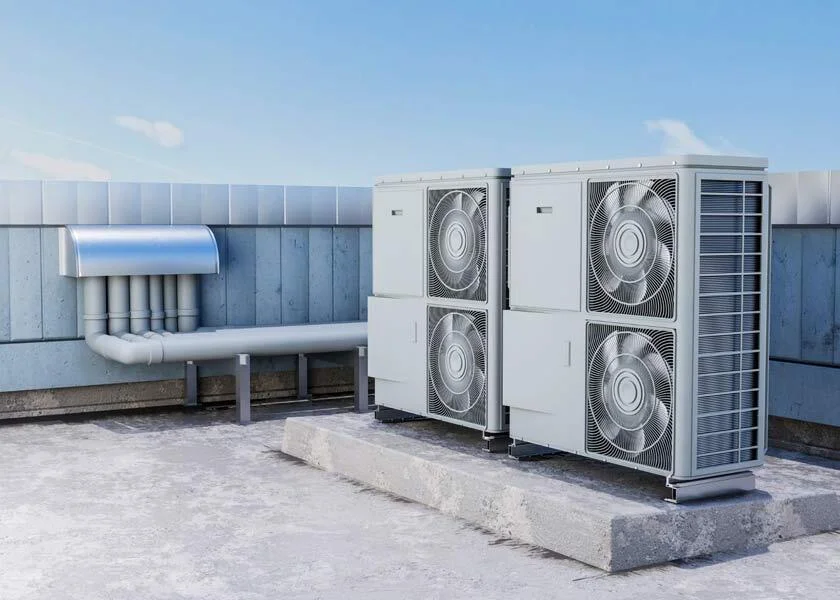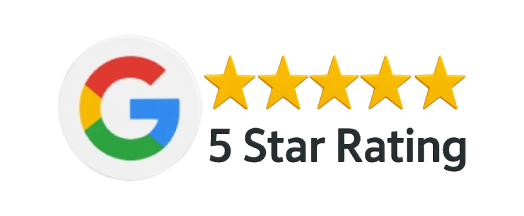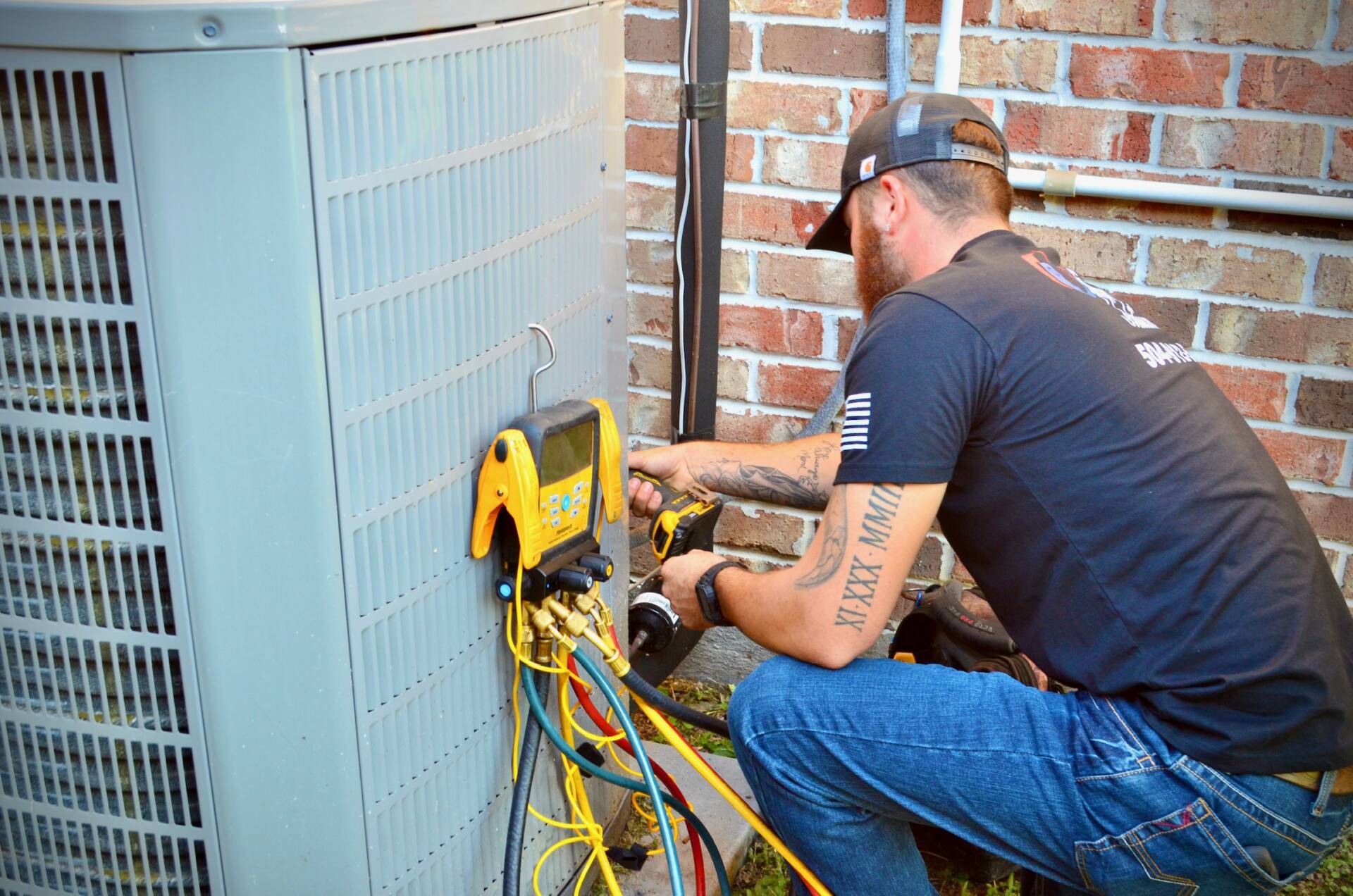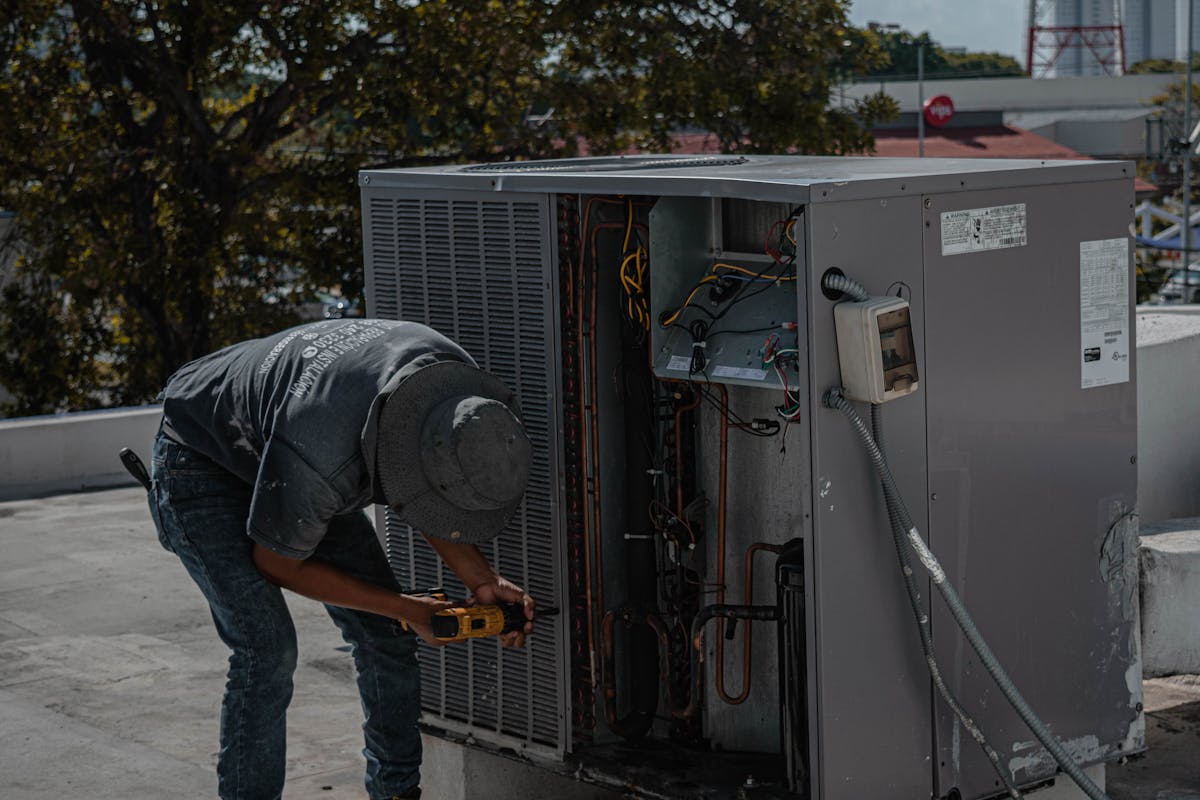
“Efficiency isn’t just about comfort. It’s about cost and resale.”
That’s what a Louisiana realtor told us when we asked how often HVAC systems show up in home inspection reports. Spoiler alert: almost every time.
If you’re planning to sell your home or wondering why your property value isn’t where it should be your HVAC system could be a hidden culprit. Many homeowners overlook the impact their heating and cooling systems have on resale, but the truth is, poor HVAC performance and home value are deeply connected. It’s not just about whether the AC turns on. It’s about efficiency, operating cost, and buyer perception.
- What Makes HVAC Systems a Deal-Breaker?
- How Your HVAC System Might Be Lowering Your Home’s Value
- Why the Energy Score Matters to Today’s Buyers
- How to Evaluate Your HVAC System Before Listing Your Home
- What You Can Do to Protect or Boost Resale Value
- When It’s Time to Replace, Not Repair
- Final Thoughts: Don’t Let HVAC Hurt Your Bottom Line
What Makes HVAC Systems a Deal-Breaker?
Comfort matters. But buyers aren’t just concerned about staying cool they’re looking at how much that comfort costs and what it says about the home’s condition. In today’s market, energy efficiency isn’t optional. It’s expected.
When buyers tour a home, they notice the telltale signs of HVAC trouble. Uneven temperatures between rooms raise red flags about airflow or ductwork. A loud, humming unit suggests aging equipment. If the system is oversized, outdated, or visibly neglected, it signals to the buyer that they’ll be footing the bill for a new one soon. Add rising energy bills to the mix, and buyers start backing away or negotiating lower offers.
How Your HVAC System Might Be Lowering Your Home’s Value
Inconsistent temperatures from one room to the next aren’t seen as “quirks” they’re signs of inefficiency. Buyers are quick to notice when comfort feels off, and most associate that directly with HVAC performance issues.
High utility bills also tell a story. Buyers are increasingly energy-conscious and often ask for past utility statements. If the numbers are climbing without a clear explanation, your HVAC system might be the reason and it could cost you in your final offer.
Outdated equipment is another concern. If your system is over a decade old or lacks modern efficiency features like variable speed motors or smart thermostat compatibility, it becomes a sticking point. No one wants to move in and replace the HVAC system in their first year.
Why the Energy Score Matters to Today’s Buyers
Today’s buyers are smarter about energy efficiency than ever before. Your home’s energy score often tied to performance and efficiency assessments—plays a major role in marketability. According to the Department of Energy, heating and cooling make up nearly half of a home’s total energy consumption. That means your HVAC system has a direct influence on how green, how efficient, and ultimately how valuable your property looks to potential buyers.
A low energy score doesn’t just affect perception. It can lead to longer days on the market, lower offers, or buyers walking away altogether.
How to Evaluate Your HVAC System Before Listing Your Home
Not sure where your system stands? Start with a quick homeowner checklist:
If your system is over 10 years old, it’s time to assess whether it’s worth replacing or upgrading.
Check the SEER rating (Seasonal Energy Efficiency Ratio). Anything below 14 isn’t competitive with today’s standards.
Look for signs of leaky ductwork or inconsistent airflow, which can quietly drain efficiency and value.
Loud operation or rattling noises during startup may indicate wear that buyers will notice and flag.
Dirty coils, worn filters, or signs of neglect can raise concerns during inspection even if the system still runs.
What You Can Do to Protect or Boost Resale Value
If your HVAC system needs attention, there’s good news: you don’t always need a full replacement to improve its impact on resale. These upgrades and strategies can offer big returns:
Schedule a professional HVAC inspection before listing your home. At Optimum Air Solutions, we provide thorough system evaluations so you know exactly where you stand. We’ll flag any concerns and offer affordable ways to improve performance before your home hits the market.
Upgrade to a high-efficiency unit if your system is truly past its prime. A new system with a SEER rating of 16 or higher not only raises your energy score but becomes a selling point in your listing. Buyers love seeing a recent install.
Seal and insulate problem areas. Duct sealing and attic insulation upgrades can make a big difference in how well your system performs and these are low-cost improvements that boost value fast.
Keep a maintenance record. If you’ve had your HVAC system professionally serviced, document it. Showing a history of care and upkeep builds buyer trust and helps your system pass inspection with fewer questions.
When It’s Time to Replace, Not Repair
If your system is over 15 years old, breaks down regularly, or drives up your electric bill every month, it may be time to replace it. Continuing to repair an old, inefficient system may cost you more in the long run especially when buyers use it as leverage to negotiate a lower price.
At Optimum Air Solutions, we help homeowners in Belle Chasse and New Orleans evaluate whether to repair or replace. We’ll guide you through the options and help you select a system that fits your home, your budget, and your long-term goals.
Final Thoughts: Don’t Let HVAC Hurt Your Bottom Line
Your HVAC system might be quietly dragging down your home’s market value but the good news is, fixing it is simple and cost-effective. Whether it’s improving your energy score, updating outdated equipment, or just getting on a regular maintenance plan, small changes can make a big difference when it comes time to sell.
Before your HVAC system becomes the reason your home sits on the market or sells for less, give us a call.
Contact Optimum Air Solutions Today
📞 (504) 912-5191
🌐 optimumairsolutions.com
📍 Serving New Orleans, Belle Chasse, and surrounding areas
We’ll help you identify the right next step so your HVAC system adds to your home’s value, not subtracts from it.
continue reading
Related Posts
When you’re dealing with heating and cooling, getting good work
If you’ve noticed your energy bills creeping up lately, your
Living in Louisiana means dealing with extreme weather, hot, sticky






